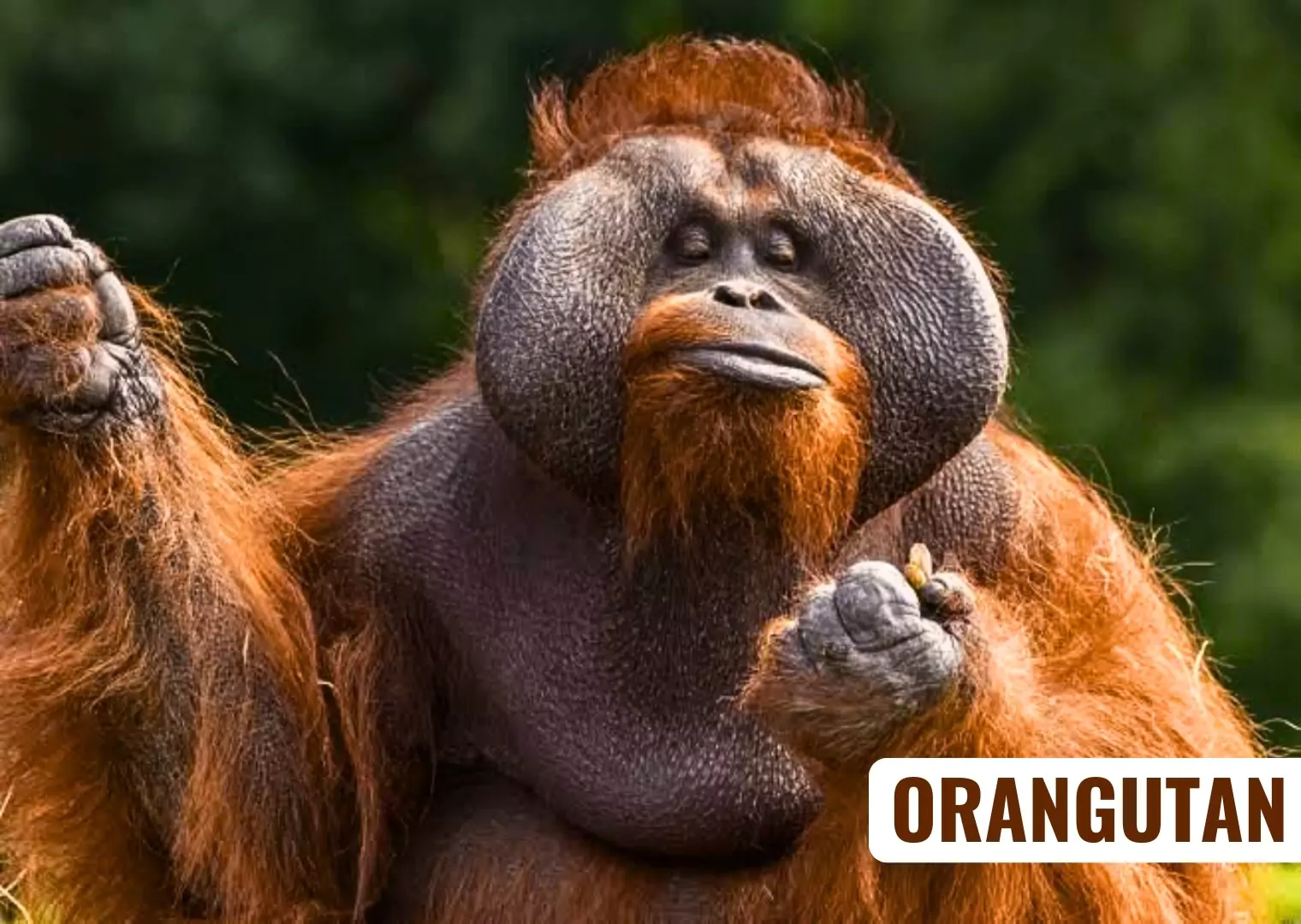Context
Malaysia has taken the decision to gift orangutans to trade partners buying its palm oil.
- Objective: To counter sustainability accusations against palm oil plantations.
Panda Diplomacy:
- It is the practice of the Chinese government.
- They gift or loan pandas to other countries as a symbol of friendship or goodwill.
- Through this practice, China strengthens its diplomatic ties with other nations.
- Significance of Panda: Panda is a well known emblem of China.
- It is also a source of soft power.
- Historical significance: The practice of gifting or loaning pandas has historical roots in China dating back to Tang Dynasty (618-907 CE).
|
Animal Diplomacy
Animal diplomacy refers to the use of living animals by governments in their international relations.
Enroll now for UPSC Online Course
- Nations use animals for diplomatic gestures to signal commitment to certain values or goals.
- Throughout history, animals have been used symbolically to convey qualities or values of leaders or nations.
- Ancient Practice:
- Since ancient times, nations have exchanged exotic animals like lions, elephants, and giraffes, as well as domestic animals such as horses, dogs, and birds of prey, as diplomatic gifts.
- Tang Dynasty Example: The Chinese Tang Dynasty (618-907 AD) notably practiced animal diplomacy by gifting pandas to foreign rulers.
- Emergence of Soft Power: In the 20th century, animal diplomacy gained significance as a form of soft power.
- China’s panda diplomacy exemplifies this, where pandas are loaned to other countries to foster goodwill.
- An Example of Soliman the elephant: In 1551, King John III of Portugal gifted Archduke Maximilian of Austria an elephant named Soliman for his wedding.
- Soliman’s arrival in Vienna reportedly caused strain in the Archduke’s marriage as the elephant stole the spotlight during the honeymoon.
How do countries decide which animals to use for diplomatic purposes?
Countries decide which animals to use for diplomatic purposes based on several factors:
- Symbolism and Representation: Animals are chosen to symbolize national characteristics or values.
- Cultural Significance: Animals with cultural importance or historical significance are often selected.
- Public Appeal: Animals that are universally beloved or iconic can capture public attention and foster goodwill.
- Conservation Status: Endangered species may be chosen to highlight conservation efforts and raise awareness about environmental issues.
- Diplomatic Objectives: Ultimately, the selection of animals serves diplomatic objectives.
- It aims to strengthen relations, promote cultural exchange, and enhance a country’s image on the global stage.
| Benefit |
Explanation |
Challenge |
Explanation |
| Funding Boost |
Collaboration attracts more money for conservation efforts. |
Long-Term Commitment |
Maintaining consistent funding from participating nations. |
| Shared Knowledge |
Countries exchange best practices in orangutan conservation. |
Conflicting Agendas |
Balancing the different priorities of collaborating countries. |
| Global Pressure |
International efforts put pressure on orangutan range countries to act. |
Enforcing Agreements |
Difficulty in enforcing international agreements |
| Public Awareness |
Orangutans’ plight gains global attention and public support. |
Cultural Respect |
Orangutan diplomacy must be sensitive to local customs. |
About the Orangutan
Orangutans live among the trees of tropical rainforests.
-
- It is found only in the tropical forests of Borneo (Malaysia and Indonesia) and Sumatra (Indonesia).
 Conservation status IUCN: Critically Endangered
Conservation status IUCN: Critically Endangered- Species and Habitat: According to WWF, There are three species: Bornean, Sumatran, and Tapanuli.
- Dietary Preferences: Feast on wild fruits like lychees and figs.
- Appearance and Behavior:
- Both Bornean and Sumatran orangutans possess shaggy reddish fur.
- Sumatran orangutans feature longer facial hair, setting them apart.
- Sumatran orangutans are known for forming closer social bonds compared to Bornean orangutans.
Enroll now for UPSC Online Classes
![]() 14 May 2024
14 May 2024
 Conservation status IUCN: Critically Endangered
Conservation status IUCN: Critically Endangered